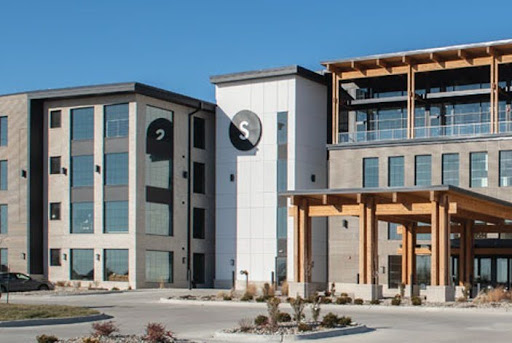Special interests vs. justice

When the U.S. Supreme Court decided that corporations and unions have the right to spend money in support of political candidates, many citizens were displeased. However, a recent study makes it clear that special interests have been pouring cash into judicial contests for some time.
The Justice at Stake Campaign, the Brennan Center for Justice at New York University School of Law and the National Institute of Money in State Politics report that “for more than a decade, partisans and special interests of all stripes have been growing more organized in their efforts to use elections to tilt the scales of justice their way.”
“The New Politics of Judicial Election, 2000-2009: Decade of Change” found that “super spenders” are dominating the landscape. “A study of 29 elections in the nation’s 10 most costly election states” found that “the top five spenders in each of these elections invested an average of $473,000, while the remaining 116,000 contributors averaged $850 each.”
An organization called Iowans for Fair and Impartial Courts (IFIC) is calling attention to the report to emphasize the virtues of our state’s system. Iowa amended its constitution in 1962 to replace judicial elections with merit selection of judges. It seems to be working. According to the IFIC, the U.S Chamber of Commerce ranks Iowa’s courts in the top five for skill, fairness and impartiality.
Retention is another matter, however, and 74 current judges and justices go before the voters on Nov. 2.
The report comes shortly after Bob Vander Plaats’ announcement that he will press for the defeat of three Iowa Supreme Court justices who are part of a court that unanimously mandated gay marriage.
With that announcement, said the IFIC, “the prospect of costly judicial campaigns in Iowa has become more real.”
Vander Plaats has a citizen’s right to seek public support for his beliefs. It would be dismal, however, if money were to claim a larger role in the judicial process.










